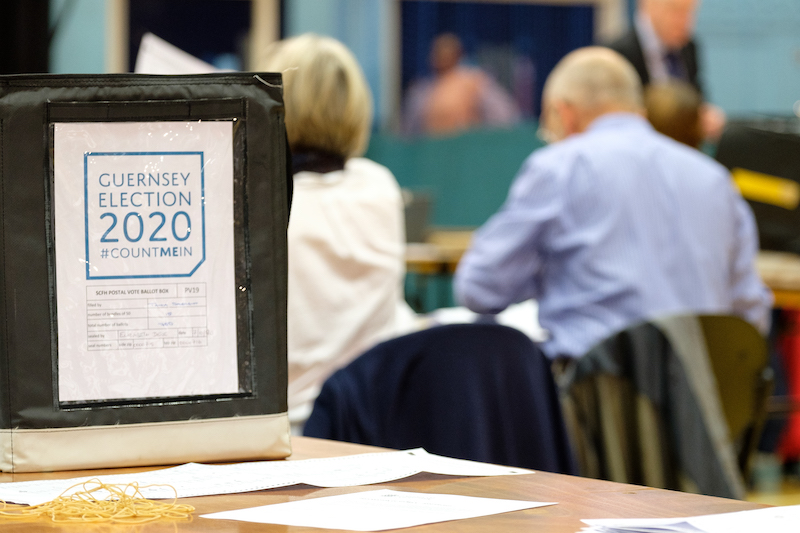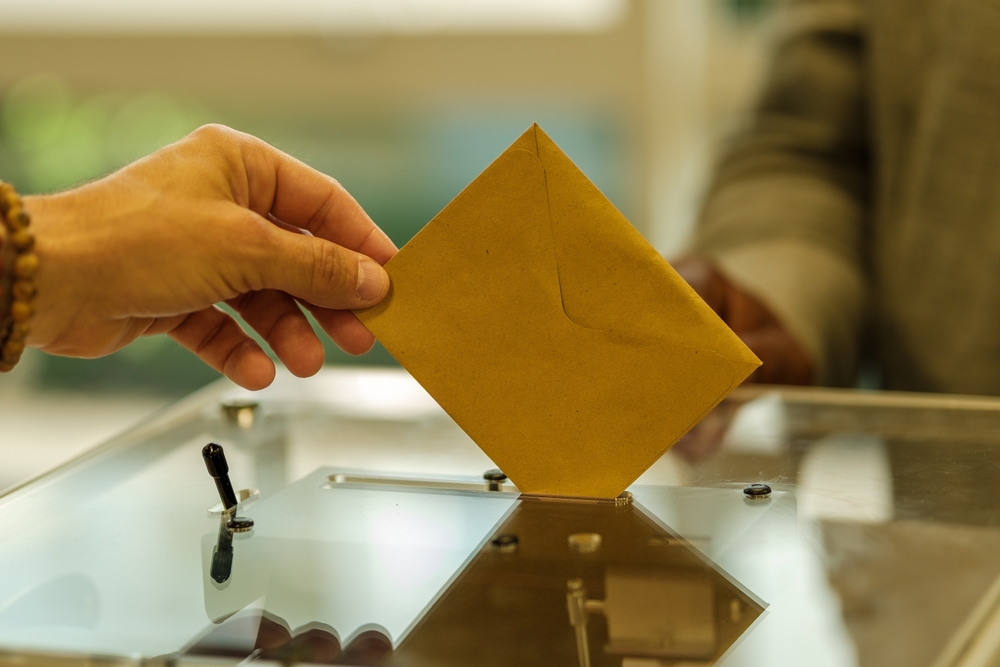


An increase to individual and party campaign spending of thousands of pounds will be considered by the States ahead of the 2025 election.
The States Assembly & Constitution Committee wants to increase the expenditure limits to £7,500 for personal spending and £15,000 for political parties.
In 2020, individual spending was capped at £6,000, while parties could spend up to £9,000. But following Committee discussions the limit has been raised by £1,500 and £6,000 for people and parties respectively.
SACC Vice-President Deputy Gavin St Pier said in its February meeting that an increase of inflation should be considered, while President Deputy Carl Meerveld argued the cap should rise by even more for parties as the current limit was discouraging their formation.
But the plans will need approval from the States Assembly, with the matter likely to be considered at its May meeting. SACC in the previous term attempted to increase the personal cap to £9,000, but deputies rejected that and set the limit for the 2020 election at £6,000.
Candidates were allowed to transfer half of their personal allowance to a political party in 2020, provided the total of all transfers didn't exceed the party spending cap - and this has been proposed again for 2025 but with more flexibility with up to half of the allowance on the table.
Also proposed by SACC is a firm election date of Wednesday 18 June 2025, a candidate nomination period between 12 May and 14 May 2025, and the removal of a £500 grant for each candidate in favour of other benefits such as the free manifesto booklet, meet and greet events, and central website materials.

Pictured: Three political parties were on the ballot in 2020.
On campaign spending, the policy letter reads: “It is proposed to apply the inflationary uplift to the limit for individual candidates only, and to adopt a formulaic approach to calculate the expenditure limit for political parties, whereby the uplifted limit for individual candidates is simply multiplied by two.
“In practice, this would mean that a political party would need a minimum of four members to be able to fund the party up to its allowance; as the limit for political parties is now simply double that of an individual candidate, and any individual candidate supported or endorsed by a political party can transfer no more than half of their allowance to their party.”
The Guernsey Party is the only active group with elected deputies, with two members currently serving in the States through Deputies Simon Vermeulen and John Dyke.
The Alliance Party was wound up following the election, and Deputy Gavin St Piers’ Future Guernsey Party has had little to say since it launched in late 2021 – a changed name after the Guernsey Partnership of Independents fell away.
Other groups such as the 2020 Association and the Islanders Association are also inactive.

Pictured: By-elections could also be in for a shake up.
SACC also want to revise the threshold at which a by-election is triggered from one vacancy to three.
It notes there would be significant cost attached to delivering a by-election for only one candidate, which is the current trigger, and believe the States is able to execute its committee and parliamentary functions without a 40-strong team and often does when deputies are absent.
This would only apply if the vacancies were created before 1 December of the year immediately preceding an election, with it up to the Bailiff to decide whether to hold a by-election after this time.
SACC also doubt that a high number of candidates would stand for island-wide by-elections.
You can read the full policy letter HERE.
Comments
Comments on this story express the views of the commentator only, not Bailiwick Publishing. We are unable to guarantee the accuracy of any of those comments.